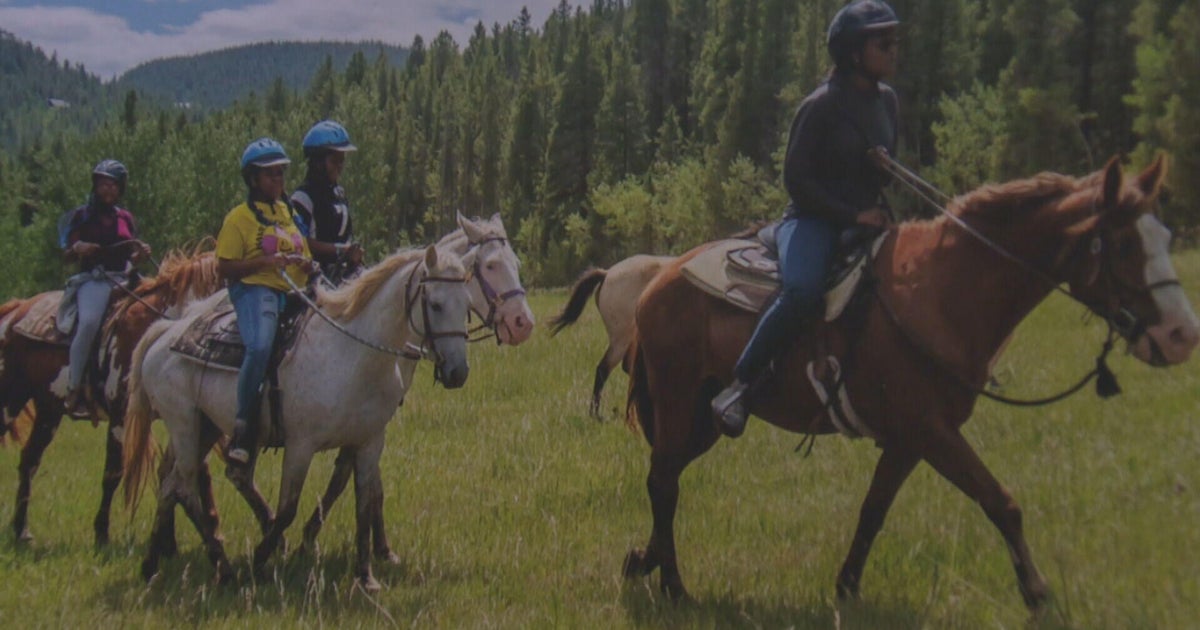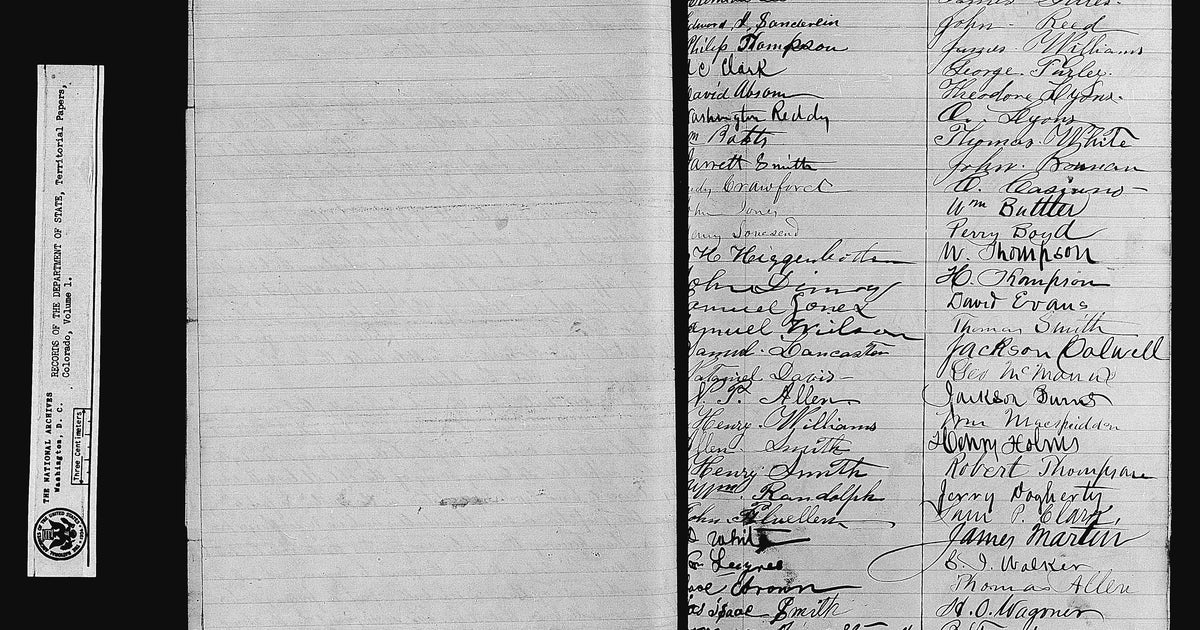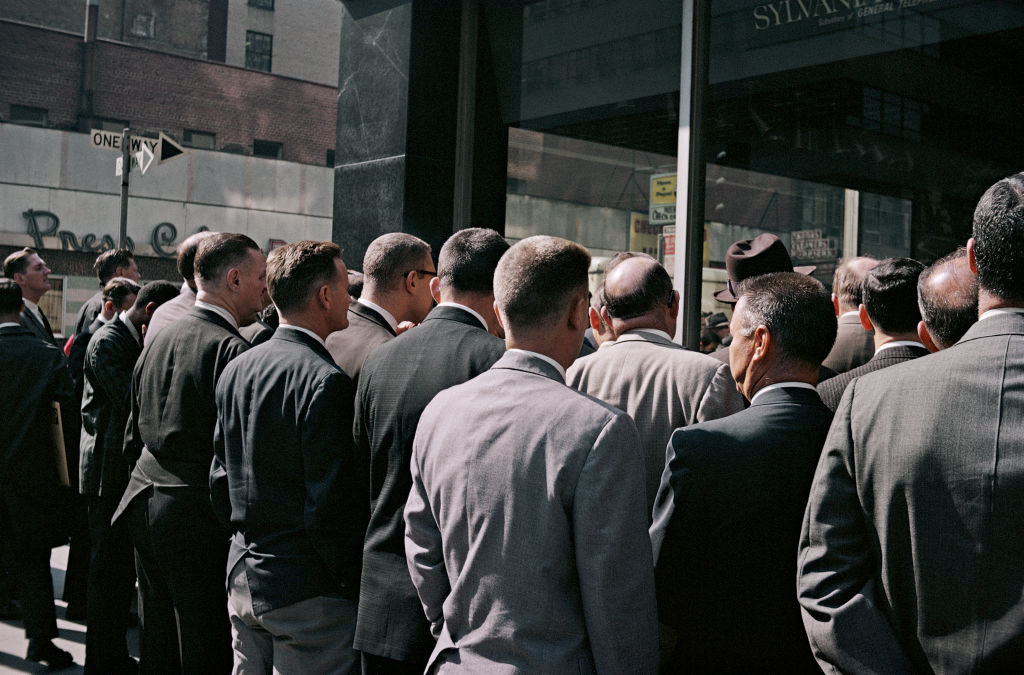BIPOC: What does it mean and where does it come from?
The language used to describe racial minorities has fueled controversy in the United States for centuries. POC is widely used as an umbrella term for all people of color, but now a different acronym is suddenly gaining traction on the internet — BIPOC, which stands for Black, Indigenous, People of Color.
People are using the term to acknowledge that not all people of color face equal levels of injustice. They say BIPOC is significant in recognizing that Black and Indigenous people are severely impacted by systemic racial injustices.
According to Google Trends, the use of the acronym began to spike in May 2020, coinciding with the growing Black Lives Matter movement in the wake of the deaths of George Floyd, Breonna Taylor and Ahmaud Arbery.
Founders of "The BIPOC Project" use the term to "highlight the unique relationship to Whiteness that Indigenous and Black (African Americans) people have, which shapes the experiences of and relationship to white supremacy for all people of color within a U.S. context."
But where does it come from?
Tara Young, a director at UC Berkeley who identifies as Black, Native American, Cherokee and Creek, believes the use of the term is a product of younger generations, but she appreciates its attempt to reflect both Black and Indigenous cultures.
"With older generations, they were so pushed to just choose one. You don't see a lot of people who are like 'I am Black, Native American,' or Black Indigenous in this case," she told CBS News. "It's trying to reflect both which I think is actually nice."
David Dent, an associate professor of journalism and social and cultural analysis at New York University, said he is open to using the term to recognize the struggles that people in Black and Indigenous communities share.
"In some ways, it connects Native Americans or Indigenous Americans more firmly to the cause — to the continued threats of racism in our society. I think that on some level that connection hasn't always been cemented," Dent told CBS News. "It is important, certainly at this moment, to help draw a significant connection."
Fawn Sharp, president of the National Congress of American Indians, also believes the term provides a foundation of unity.
"Many of our communities have a common foundation of civil rights challenges," she said. "While we do have strength in our individual identities, as Native people, as Black people, we also have within our communities a unity of our citizenry. Some of our citizens face challenges, both as an Indigenous person and as a Black person and that intersection of challenges, presents a unique position."
The coronavirus pandemic is taking an especially heavy toll on Black Americans, from high rates of unemployment to increased risk of infection. Sharp said the Indigenous community also shares those same elevated risks.
"We're dying in high numbers all related to the same systemic racism, the same systemic oppression and inequality and inability to access just basic resources and food that other people take for granted. We have to fight for it and we struggle to just have a baseline level of quality of life," she said.
"Those are the kind of things that draw people together."
Sharp said those areas of common interest are why it is important to have acronyms like BIPOC - to reinforce the collective experience between Black and Indigenous people.
"Somebody who identifies with the Indigenous communities of this country can feel the pain and suffering that has gone on for centuries of genocide," she continued. "And then to have another part of your identity of history, where your ancestors were enslaved generation after generation, and to have the pain of the failure of this country to reconcile build, generation after generation — when those two historical traumas intersect in a single human being, it's quite empowering and it's quite different."
But not everyone is convinced about the positive impact of embracing the term. Janus Adams, a historian who was one of the first children to desegregate the New York City public schools, argues that BIPOC is "a distraction."
"As long as this country has been in existence, it's been a racial moment. The idea that White people are White people, but everybody else is a group? I have no problem with that for an alliance or organization because there are similar experiences of racism. But the idea that identity should be conflated, I think is ludicrous."
Instead, Adams would prefer if we referred to Indigenous Americans by their individual tribes.
"If we're able to know the difference or hear that there is a difference between French, Austrian, English, Welsh, then why can't we know that there's Sioux, Cherokee, Shinnecock, Mohican, why can't we know that and why shouldn't we know that? This is a continuation of taking away the identity of these people," she said.
"Everyone but White people lose their identity. White people keep their identity. White people keep their racial/cultural, nation-state, heritage identities, but Black people, Indigenous people, Asian people, Latino people all get subsumed into something."
Adams believes that using the term leads the public on a "dangerous" path that could lead Black people to another struggle for their identity. "We've already been through that. We've been through White and non-White. We've been through White and colored. I don't need another acronym to go back to that."
She suspects the development of this term lends itself to the lack of historical education seen among younger generations.
"If you don't know your past, you really don't know where you're going and then that brings us right back to a path that we worked so hard to overcome," Adams said. "They want to ally with each other. And they want to honor the fact that they're all in that together. But that is not the way to do it."



